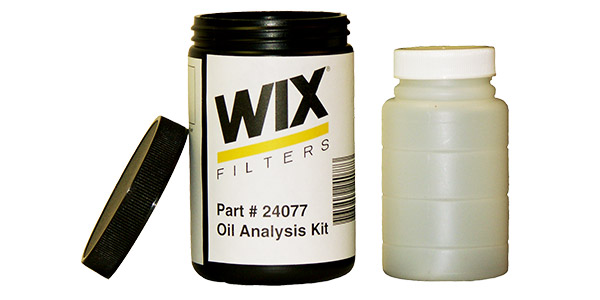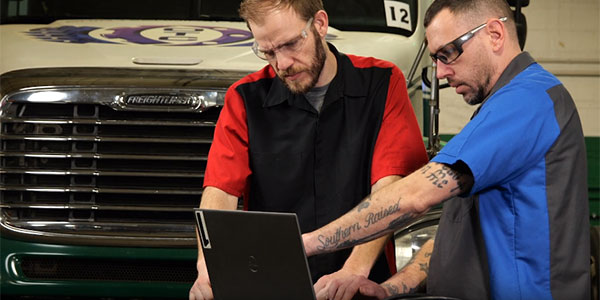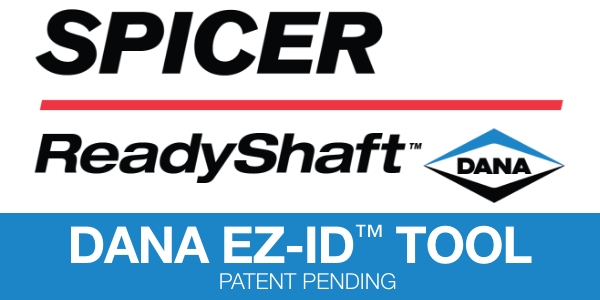Today’s diesel engine oil isn’t your grandfather’s old engine oil. Several years back, a pair of new API diesel engine categories entered the market–CK-4 and FA-4. Both aimed to lower oil viscosity and boost fuel economy, while still providing the much needed engine protection. CK-4 replaced CJ-4 as the go-to fill for most engine manufacturers, while the new oil on the block, FA-4 was hyper focused on eking out even more fuel efficiency and was an option approved by some manufacturers for the newest heavy-duty engine models.
Along with the new categories came even longer drain intervals. But the one thing that remained constant was the importance of engine oil analysis.
“Oil analysis is a chemical view of what is in the engine oil,” explained Donald Chilton, director, product management, Wix Filters. “This view allows you to see and predict what is happening at that moment without guessing or opening up the engine. The new oils have their benefits and have helped increase drain intervals while boosting fuel economy. They have not affected the laboratory analysis itself but the results may look different upon moving from an older oil to a new one.”
Here’s how engine oil analysis typically works and why it’s important:
You take oil samples at specific mileage intervals, typically every 10,000 to 20,000 miles, and send the results off to a lab to be analyzed. When the tests are complete, you get the results via email, and then the fleet manager can make a decision on what needs to be done or not be done. Chilton noted that the testing frequency can vary depending on application.
“Some may say to test monthly while others say it should be every X miles, but it really depends based on what the stress you are subjecting the engine to,” he said. “Are you operating in short- or long-haul applications? What’s your operating environment? Age of engine? Each fleet usually has a schedule for maintenance and should look at each use case to determine the right frequency.”
What doesn’t change is the importance of the analysis.
“It is a cheap way to see if everything is operating correctly and how much useful life the oil still has in it,” Chilton said.
It can also impact your diesel engine oil filtration decisions and practices. For example, an older engine may produce more soot and premature oil break byproducts that may require longer filter life. Equipment operating in extremely dusty or abrasive environments may need a higher level of efficiency. Filters operating in extreme duty or harsh environments may need different constructions.
Though it can seem like a complicated chemical analysis process, Chilton noted that:
“Wix makes it easy; you don’t hear that much anymore in the world we live in. Wix offers a few kits and all contain one sample bottle for used oil specimens, one large bottle to use as a mailer, the testing request sheet and full instructions. The analysis will check for twenty different wear metals, and the different physical properties of the sample. These include fuel, water, anti-freeze, insoluble and viscosity changes. All the user has to do is mail the sample and then look at the results. It’s easy!”
And important. For more information on how Wix can help you kick start your diesel engine oil analysis program, talk with a Wix district sales manager, visit a local store that sells Wix products, or visit the Wix Filters website.














